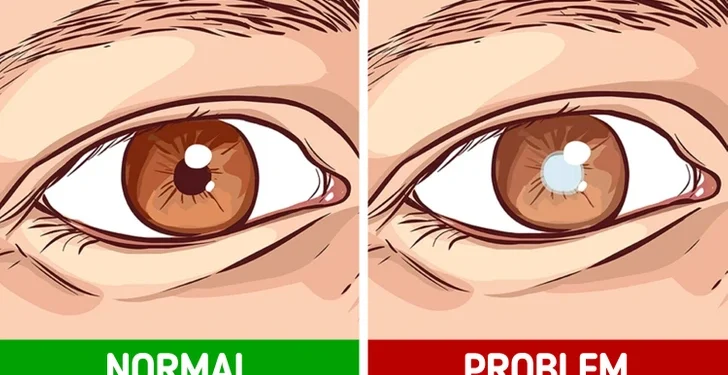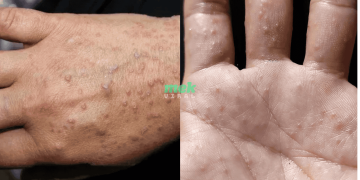Because of their extraordinary intelligence, our bodies frequently give us subtle cues when something isn’t quite right. These signals, which range from mild discomforts to more severe symptoms, are important markers of our general health.
Ten possible signs that something is wrong with your body will be discussed in this article.
1. Itching feelings
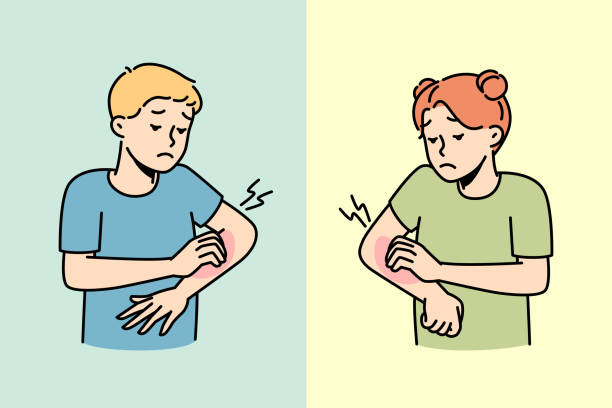
Why are you itching everywhere?
Over 10% of expectant mothers experience itching. It is typically harmless and is brought on by hormones and skin stretching. However, it might indicate a serious issue if it worsens at night. If you’re itching, let your doctor know so they can determine whether you need any tests.
What else might trigger widespread itching?
- Skin conditions such as hives, burns, scars, eczema, psoriasis, scabies, dry skin, and insect bites.
- Internal conditions such as thyroid problems, diabetes, anemia, liver or kidney disease, and certain types of cancer.
- Neurological conditions like shingles, pinched nerves, and multiple sclerosis.
- Mental health issues such as depression, OCD, and anxiety.
- Allergies and irritations brought on by wool, chemicals, soaps, or specific medications.
2. White tongue
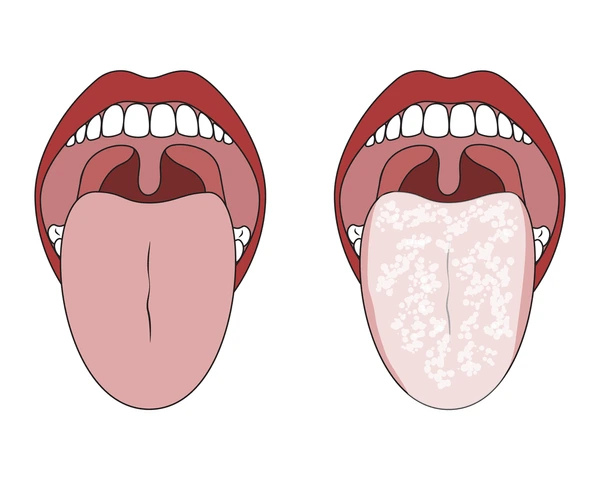
When a white layer forms on some or all of your tongue‘s surface, it’s known as white tongue. Symptoms like irritation, a hairy tongue, and foul breath may accompany it.
Causes may include:
- Disregarding dental hygiene, such as not regularly brushing, flossing, or cleaning your tongue.
- bad behaviors.
- Damaging your tongue with sharp objects or wearing dentures.
- Using antibiotics, which may result in oral yeast infections.
- Eating a diet heavy in soft foods and low in fruits and vegetables.
- Using your mouth to breathe.
- Having dry mouth as a result of illnesses or drugs, like cancer treatments or muscle relaxants.
- Oral candidiasis, another name for oral thrush, is a condition in which the fungus Candida albicans accumulates on the oral lining. Although Candida normally lives in the mouth, it can occasionally overgrow and cause symptoms.
3. Muscle twitches
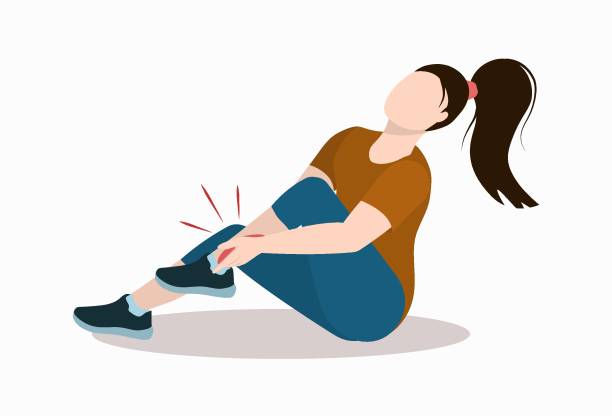
Your muscles may occasionally behave without your instruction. They may contract or twitch and struggle to relax. The most common places for twitches and spasms are the thighs, calves, hands, arms, belly, ribs, and arches of the feet. A few things can cause them, though doctors aren’t always sure why.
- Minerals like magnesium and potassium are necessary for your muscles to function correctly.
- Your muscles may twitch and spasm more frequently if you don’t drink enough water.
- Excessive caffeine consumption can also cause twitches in your muscles.
- Your doctor may recommend water pills if you have heart disease or high blood pressure because they increase urination. Muscle spasms may result from this decrease in potassium levels.
- Damage to nerve cells alters how they communicate with the brain and with one another. The nerves that control your muscles may be affected by this common condition, as evidenced by twitches and spasms.
4. Stool as rounded balls
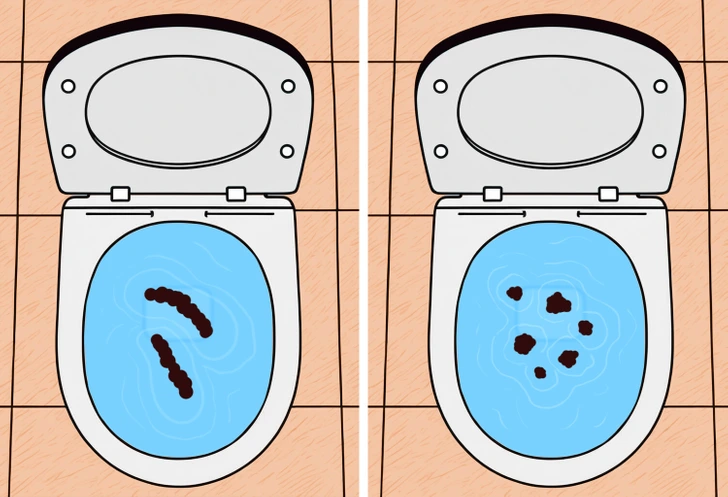
The following are some factors that may increase the likelihood of constipation:
- Worried: Children and young children may avoid using the restroom when they are nervous, or if their bathroom routine or home environment changes significantly. Some children may hold in their poop if their parents or other caregivers are overly strict or demanding when it comes to toilet training.
- Using specific medications: Certain medications, pills, and other items may exacerbate constipation. These may include medications for Parkinson’s disease, antacids, and certain pain relievers.
- Constipation may occur in people who suffer from irritable bowel syndrome (IBS) or other stomach disorders. Certain foods can occasionally cause people to feel blocked as well.
- Getting wounded: It may be difficult for someone to poop if they have back or abdominal muscle pain, such as during childbirth. This can cause poop to come out like tiny pebbles and slow down the passage of food through the body.
- Having a chronic illness: Certain medical conditions, such as diabetes or thyroid problems, can interfere with nerve and muscle function, making it more difficult to use the restroom.
- How you live: You may be more susceptible to constipation if you don’t move around much or engage in a lot of activities. Constipation can also result from other factors, such as pregnancy, travel, or dietary changes.
- Eating habits: Poop can come out in little balls and make it difficult to use the restroom if you don’t eat enough foods high in fiber or drink enough water.
5. White pupil
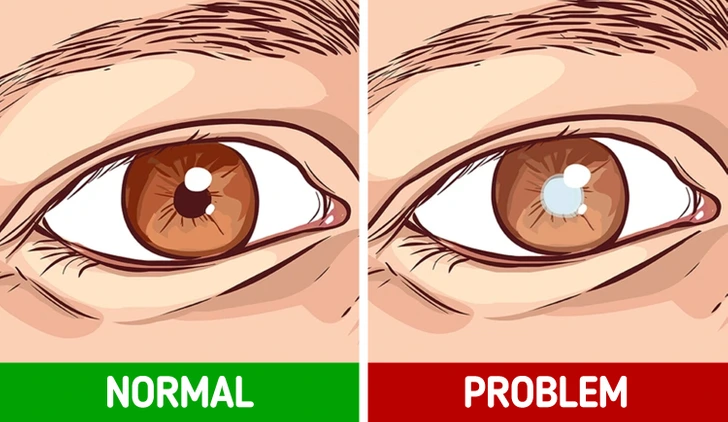
The condition known as leukocoria, or “white pupil,” occurs when your eye’s pupil appears white rather than black. Although it is more common in children, adults can also experience it. Leukocoria can be caused by a variety of factors, so if you notice it, you should see an eye doctor immediately. Leukocoria can result from a number of factors, including:
- As you age, you may develop cataracts, which are cloudy patches in your eye’s lens that can be surgically corrected.
- Retinal detachment: This occurs when the retina, a thin layer of tissue at the rear of your eye, separates. It is urgent and requires immediate medical attention.
- Endophthalmitis: This infection of the eye requires immediate medical care. If treatment is delayed, blindness may result.
- Coats’ disease is characterized by abnormal blood vessels inside the eye that lead to fluid accumulation and leaks. Retinal detachment may result from it.
- Retinoblastoma: This uncommon form of eye cancer primarily affects children. One of its primary symptoms, along with blurred vision and other eye issues, is leukocoria.
- Power difference: Because one eye has a different power than the other, it may appear different at times. Usually not serious, this is easily fixed.
6. Pale nails
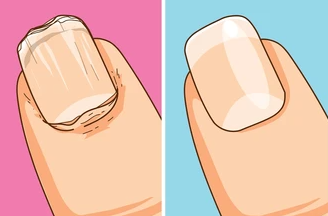
Do you have white or pale nails? A low red blood cell count could be indicated by this. A number of other conditions, including trauma, liver disease, diabetes, an overactive thyroid, heart failure, heavy metal poisoning, chemotherapy, or a nutritional deficiency, can also be indicated by white nails.
You may have Terry’s nails if the majority of your nails are white with a thin pink stripe at the end. While aging may be the cause of this condition, it may also indicate underlying medical conditions like diabetes, kidney, liver, or heart disease.
7. White finger
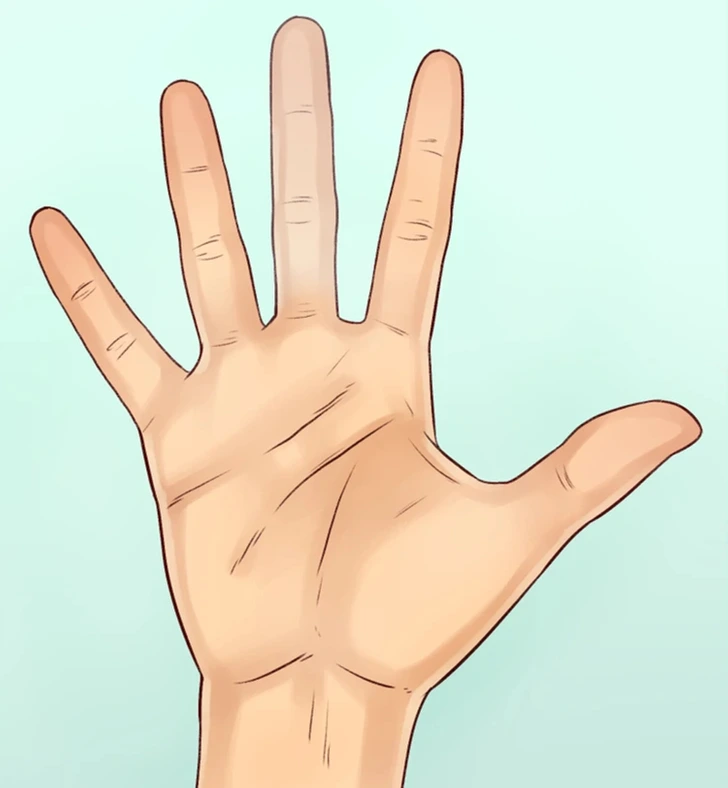
When it’s cold or you’re under stress, Raynaud’s disease causes your fingers and toes to feel cold and numb. It occurs as a result of narrowing of the tiny arteries that supply blood to your skin, which lowers blood flow to those regions. Vasospasm is the term for this narrowing.
Women are more likely than men to have Raynaud’s disease, and those who reside in colder climates are more likely to be affected.
8. Floaters and flashes of light in eyes
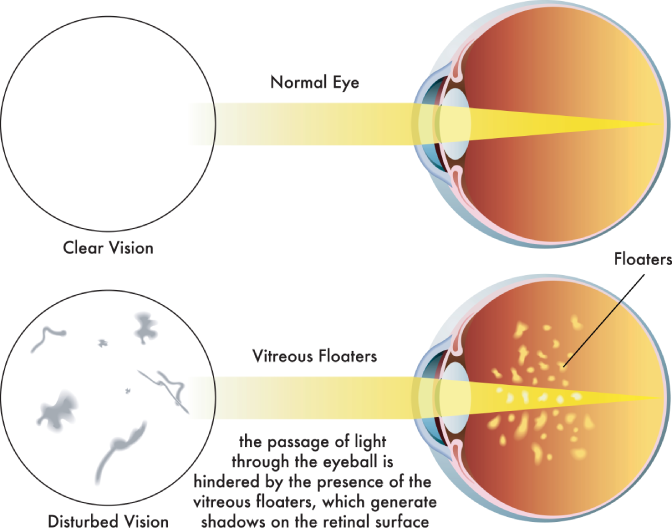
Check for flashes and floaters in your vision. Floaters can show up as cobwebs, rings, squiggly lines, or tiny dark dots. Flashes resemble abrupt light bursts.
Flashes and floaters are frequent, particularly in the elderly. They typically result from a benign process known as posterior vitreous detachment (PVD), in which the gel inside your eyes changes. They can also occasionally be brought on by retinal detachment, which is a dangerous condition that requires medical attention to avoid irreversible vision loss. Flashes and floaters can also happen for no apparent reason.
9. Puffy face
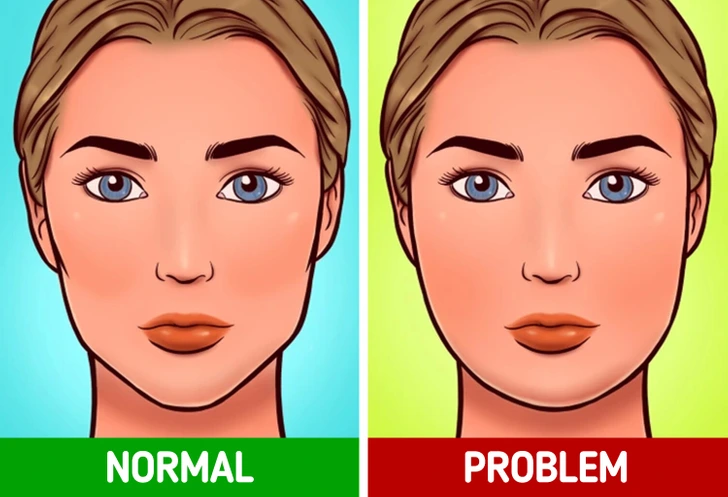
Your face may occasionally swell due to medical conditions like allergies, infections, or injuries. There are some very serious reasons for this.
Sometimes you may wake up with a puffy face. If something presses against your face while you’re asleep, this could occur. However, if your face becomes swollen or puffy due to an injury or if it occurs frequently, it may indicate a medical issue.
Facial swelling can affect your neck and throat in addition to your face. A major health issue may be indicated if your face swells up without any injuries. Having a doctor examine it is the best course of action.
10. Vivid dreams

What causes our vivid dreams, then? Although they are unsure, scientists believe a few factors may be at play.
- We may experience stress or anxiety when life becomes difficult, whether it be due to issues with friends, family, school, or our jobs. Vibrant dreams can also result from significant life events like marriage or home ownership. Intense dreams can also result from traumatic events, such as losing a loved one or being in a serious accident. In particular, anxiety is associated with vivid and frightening nightmares.
- Vibrant dreams can increase if you don’t get enough sleep due to conditions like narcolepsy or insomnia. The likelihood of experiencing intense dreams can also be increased by changes to our sleep schedule, such as moving to a different time zone or not getting as much sleep as usual.
- Vibrant dreams have been connected to a number of medications, including blood pressure medications, some antidepressants, medications for Parkinson’s disease, and medications for quitting smoking.
- Vibrant dreams, frequently negative ones, can result from bad habits.
- Intense dreams can also be a symptom of physical illnesses like cancer or heart disease, as well as mental health issues like depression or schizophrenia.
- Hormones, sleep, and emotions can all be affected by pregnancy. Many pregnant women report having extremely vivid dreams, particularly during the first few months of pregnancy.
A happy, balanced life depends on maintaining good health. We have the energy to pursue our objectives, enjoy relationships, and live life to the fullest when we are in good physical and mental health. The basis for general well-being and fulfillment is laid by placing a high priority on self-care, exercise, a balanced diet, and enough sleep.


